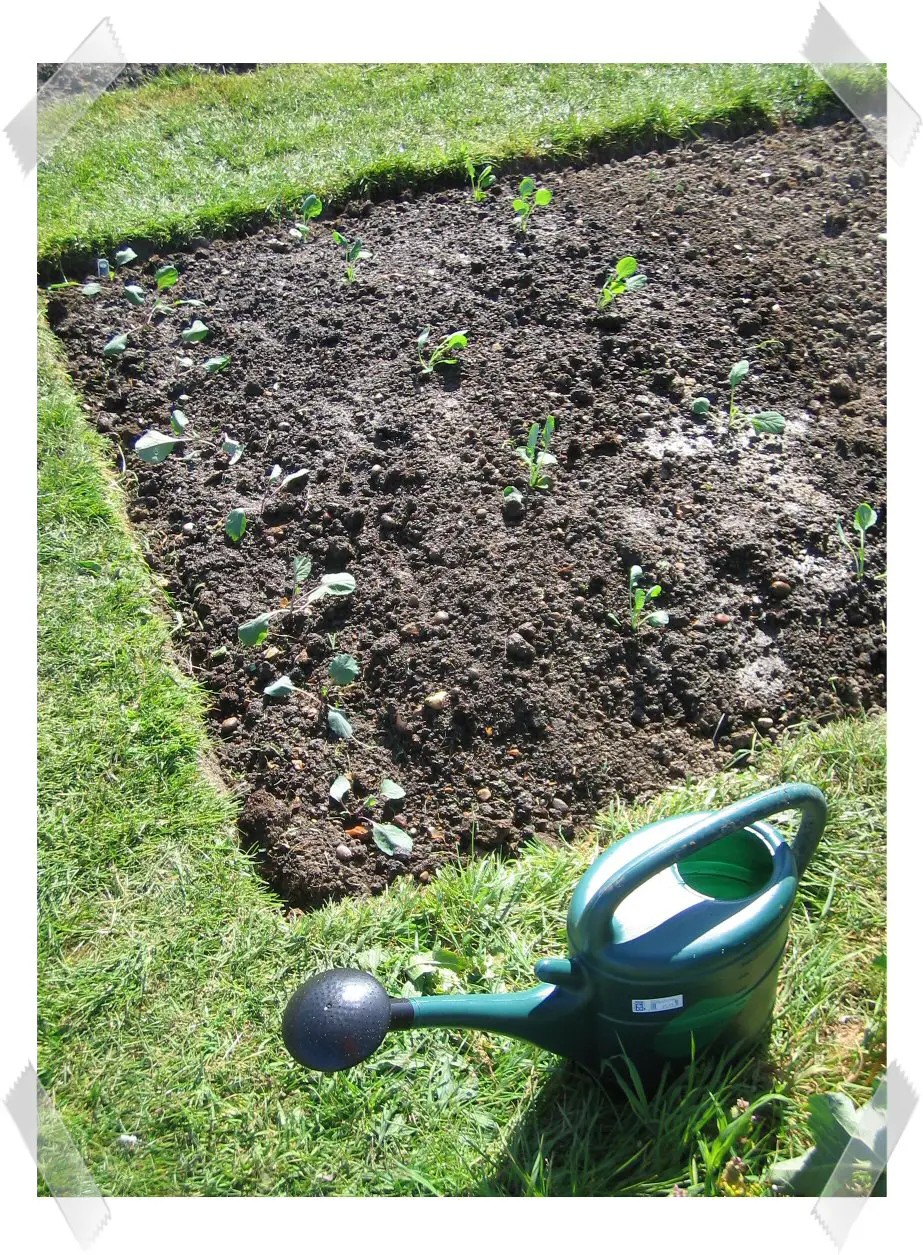Last Updated on April 15, 2024 by Real Men Sow
Living in Essex, I learnt a lot about watering. It’s one of the driest places in England, and being predominantly clay soil, I needed to be on top of my watering game. A few years ago I wrote Tips for Effective Watering on the Allotment, but thanks to my Essex upbringing I learnt a lot more too. So here are 8 more watering tips to help with your watering that I’ve picked up since.
8 Best Watering Tips in Essex
Tip 1: Don’t be fooled by the rain
The ground can become rock solid during high summer, especially if your soil is made up primarily of clay. Back in Essex, my precious plot was more akin to a car park than a veg bed at this time of year and this meant that water struggled to permeate the soil. Anything other than torrential rain didn’t help the plants much at all, and I quickly learnt not to be lulled into a false sense of security by the odd shower.
If you are lucky with a big garden or allotment, I can recommend you a great list of expandable garden hoses.
Tip 2: Water the right part of the plant
The best place to water is around the base of the plant, as this is where the roots are and therefore where the water is most needed. Try not to soak the leaves as this will create excess moisture, which helps diseases such as blight to spread.
Tip 3: Keep an eye on your benchmark plants
Big, leafy plants such as squashes and cucumbers lost moisture quickly, and are often the first on the plot to wilt. Keep a beady on these plants as they will be the first indicators that you haven’t watered enough.
Tip 4: Bury pots next to plants
If you have any spare large plastic pots, bury them upright next to your plant and fill with water. The pot will help focus where the water is going, slowly trickling down through the bottom. This keeps the water in and around the plant, so the roots can gently feed.
You can also use large plastic bottles cut in half. Bury the top half head down next to the plant.
Tip 5: Mulch the soil.
Adding a 2-inch layer of mulch around your plants helps keep the moisture in and also stops the sun cooking the soil solid and causing run off. Good sources of mulch include leaf mould, compost, straw, and seaweed.
Tip 6: Keep the weeds down
Keeping on top of the weeds is a time-consuming task, especially during summer when there are so many more appealing things to do, but they a plant’s biggest rival when it comes to competing for water. So make sure you are doing your weeding regularly!
Weeds take a surprising amount of moisture out of the soil and away from veg plants so a tidy plot will require less watering.
Tip 7: Don’t overwater
Getting to know your plants and how much water they need helps make sure you don’t water too much. Overwatering can cause foot and root rots as well as encourage more exacerbate slugs and snails to venture out for midnight feasts.
Tip 8: Water container plants more
And don’t forget your container plants. Plants in pots and containers dry out much quicker and can require daily watering to keep them fit and healthy.


Great tips, I especially like the tip about burying the pot and filling it with water.
Another tip I like for better watering is seep irrigation by burying a hose pipe under the soil.
Watering is one of the main important activity in gardening. Watering on proper time is much more beneficial to plants to grow effectively.